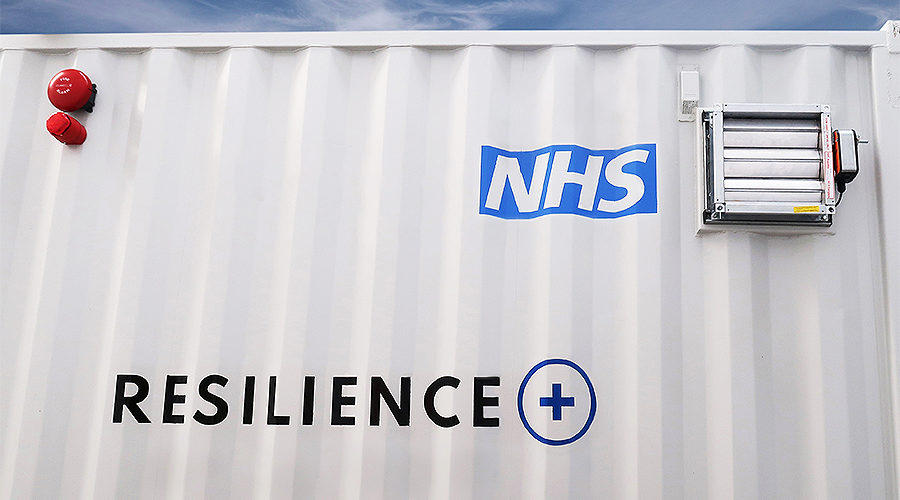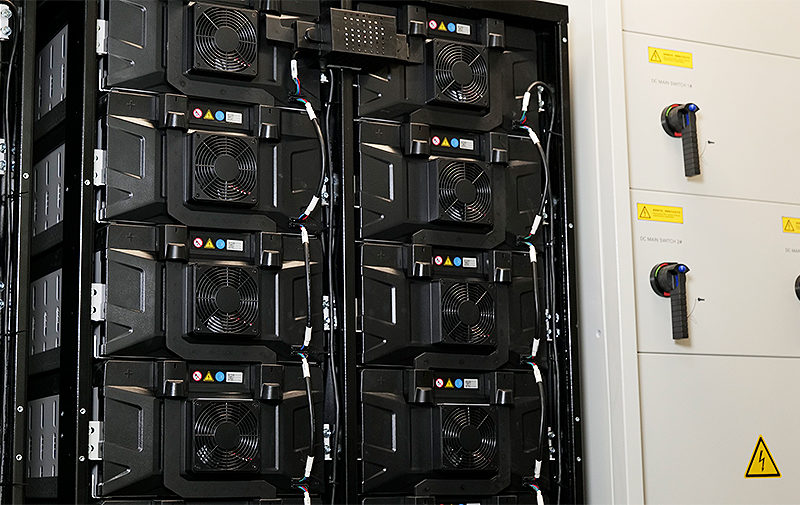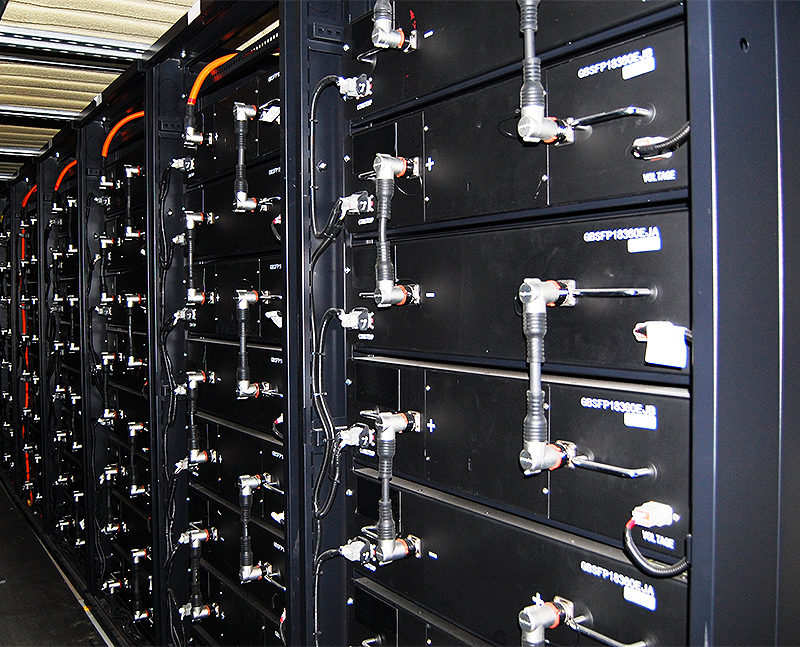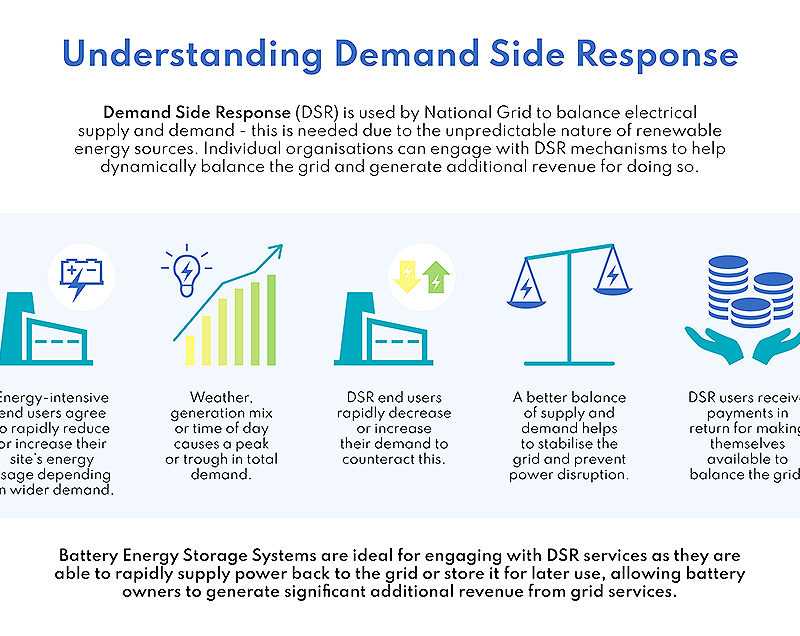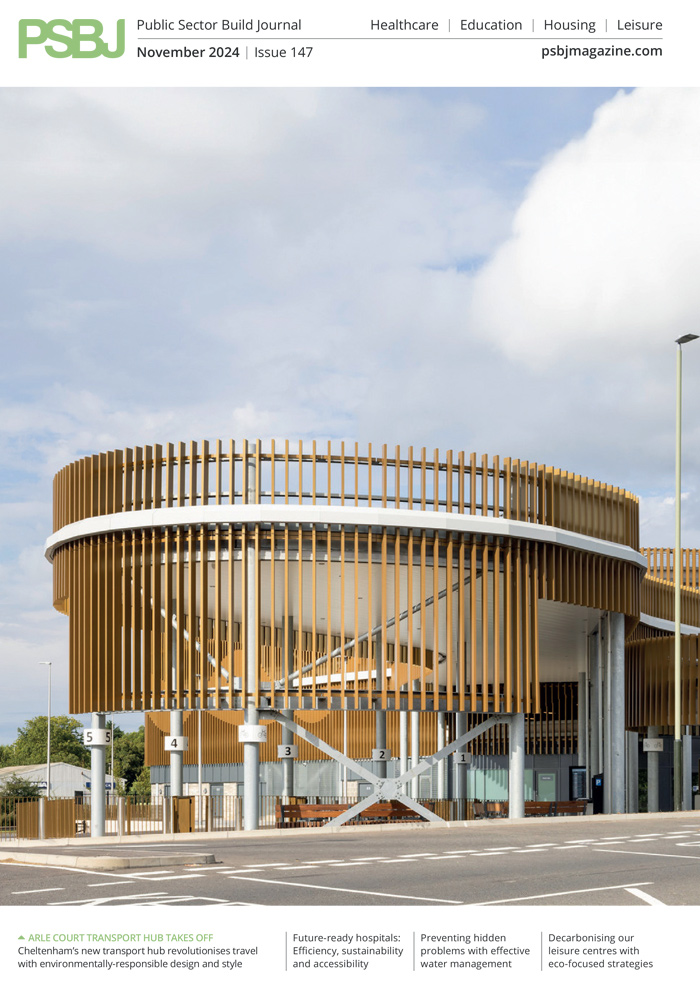The Energy Trilemma – affordable, secure and sustainable energy – impacts significantly on the healthcare sector, especially during the current economic downturn. Budgets are strained, net-zero targets are imminent and the NHS is in crisis. Solon Mardapittas, CEO at Powerstar, looks at one South Yorkshire hospital using modern battery energy storage to mitigate the worst aspects of the trilemma by providing reliable power, reducing carbon emissions and cutting energy bills while giving the trust a new income stream.
Powerstar
The impact of the current energy crisis was highlighted last year in The British Medical Journal, which found that NHS trusts were having to budget an extra £2m per month just to combat rising energy prices. Rory Deighton, Senior Acute Lead at the NHS Confederation, noted that “the gap in funding from rising inflation will either have to be made up by fewer staff being employed, longer waiting times for care, or other areas of patient care being cut back”.
As one NHS trust confirmed it would need to budget for a 200% increase in energy spend for 2022-23, the crisis in healthcare demands investment in modern technology to help ensure the long-term energy affordability that will keep our hospitals functioning. Battery energy storage systems (BESS) are a flexible solution designed to help meet the Energy Trilemma issues faced by NHS estates.
With the only commercial UK BESS that is currently fully HTM-06-01 compliant to provide fast-switching sitewide uninterruptible power supply (UPS) protection alongside the ability to access grid services, Powerstar have installed their patented BESS technology across multiple hospital sites.
A South Yorkshire hospital approached Powerstar, aware that in the Energy Trilemma – soaring prices, the shift to renewable energy sources and the threat to energy security brought about by unstable national energy reserves – meant that traditional uninterruptible power supply (UPS) was fast becoming an outdated solution for emergency back-up power. While a UPS protects individual pieces of equipment in an emergency until grid supply is restored or a longer-term back-up power supply comes into play, the UPS will lose around 10 to 15% capacity.
For an average NHS trust, this can add around a quarter of a million pounds to annual energy spend, creating more than 200 tonnes of unnecessary CO2 emissions. Powerstar’s recommendation for the hospital was to instead install a new 500kW/500kWh BESS, supplied as a fully-containerised switch room with battery energy storage, fast-switching UPS and full wraparound and static bypass. Capacity losses for this technology are significantly lower than traditional UPS, at around 1%. Additionally, the whole site’s energy supply is protected, and improved efficiency with the new system is saving the hospital around £225,000 per year, eliminating about 190 tonnes of CO2e, when compared with a traditional UPS system.
While the UPS capability of a BESS is paramount for the safe running of the hospital, there are additional benefits that make it a particularly compelling asset for NHS facilities across the UK. Where estates are investing in solar PV to generate energy on site, there are issues in that renewable energy is inherently inflexible, since generation is dependent upon weather conditions. BESS technology, with renewable firming, provides an in-built capacity to store such energy – to be used when needed or sold to the grid. With current energy prices as they are, this storage capability also means that trusts can buy grid energy when prices are lower, to be stored and then used at peak times. And, looking at overall decarbonising strategies, BESS is a useful asset for electric vehicle (EV) charging – both for the shift to a net-zero NHS fleet and for staff and patients’ charging needs.
At the hospital in South Yorkshire, BESS technology has given the trust a new revenue stream, through demand side response (DSR) and firm frequency response (FFR) contracts to provide balancing services to the grid. For an average NHS trust, this can mean around £100,000 new revenue on top of the energy cost savings. The National Grid uses balancing services to even out demand across the UK’s power supply and, as renewables form an increasing proportion of the country’s energy mix, balancing services play a pivotal role in helping prevent disruption to UK energy supply.
The infographic shows the main elements of DSR. As part of the shift from centralised energy dispatch to a broader, more localised, form of power generation, DSR will be increasingly important to our electricity infrastructure: currently, only about 6% of the UK’s non-domestic energy requirement is shifted from peak demand through DSR but this will need to increase to around 40%, and the role for behind-the-meter BESS looks set to help meet this capacity demand. NHS trusts engaging with DSR are working at the forefront of the move from fossil-fuelled, centralised energy, to a more distributed and flexible model. Income is generated through a direct contract with the grid, the local distribution network operator (DNO), or via an aggregator service.
The potential for guaranteed income through DSR offers NHS estate and energy managers a robust case for maximising the BESS asset’s potential to recoup initial capital investment, while making a significant contribution to emission reductions. For Powerstar and the South Yorkshire hospital, the success and ongoing benefits of the BESS installation have been recognised, being shortlisted for Energy Project of the Year in the 2023 edie Awards, the world’s largest sustainable business award scheme. Seeing a project for the NHS in the award shortlist reflects the strides the organisation is making towards sustainability with resilient power, cost savings and a new income stream.
Balancing the Energy Trilemma within an organisation that accounts for more than 7% of the UK’s GDP and employs over 1.3 million staff is complex. Where NHS trusts can have an energy spend of £10m plus, the capability of BESS technology to provide more flexible, more economical and more sustainable energy is proving its case as a means to address the Energy Trilemma and help the NHS to prioritise budget spend on staff welfare and patient care – the rationale of UK healthcare.



